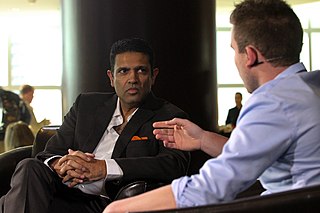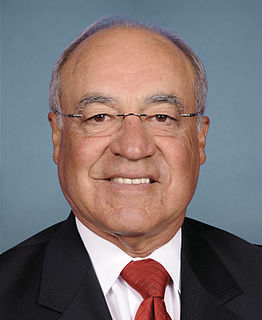A Quote by Gemma Chan
In the past, we've always come up with new jobs for humans to do and so it's always benefitted us, technological progress, but now we're not really creating enough new jobs to replace the jobs that are being automated.
Related Quotes
By 2018, automation is going to be in full swing in the United States and around the world. There are estimates that it could replace 50 percent of our jobs. That is an enormous shift. But even if we go through a phase where we have an unemployment valley from automation, there will be new jobs and new things for us to do.
New investments in cyber security and the modernization of our military will spur substantial new job creation in the private sector and help create the jobs and technologies of tomorrow. It's what we have to do. America must be the world's dominant technological powerhouse of the twenty-first century, and young Americans - including in our inner cities - should get these new jobs!
These new investments in cyber security and the modernization of our military will spur substantial new job creation in the private sector and help create the jobs and technologies of tomorrow. It's what we have to do. America must be the world's dominant technological powerhouse of the twenty-first century, and young Americans - including in our inner cities - should get these new jobs!
Look at what's happening between Main Street and Wall Street. The stock market index is up 136 percent from the bottom. Middle class jobs lost during the correction: six million. Middle class jobs recovered: one million. So therefore we're up 16 percent on the jobs that were lost. These are only born-again jobs. We don't really have any new jobs, and there's a massive speculative frenzy going on in Wall Street that is disconnected from the real economy.



































